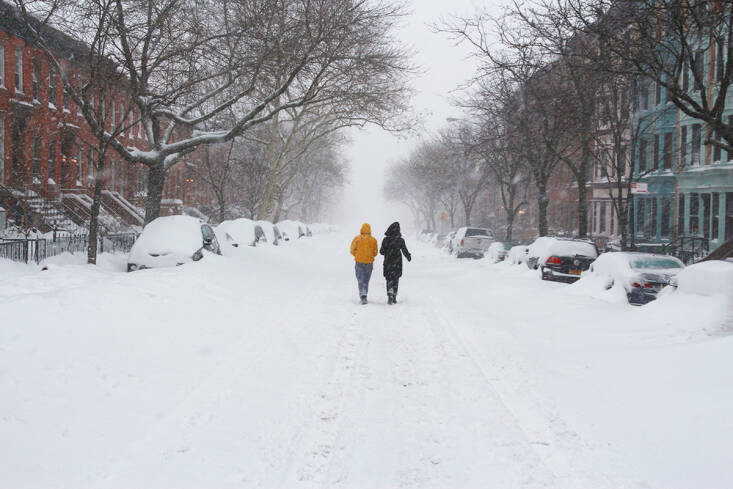Does the concept of a walk in winter season make you tremble with fear, or shiver in daring anticipation? Everyone enjoys the progressing spirit of a walk in spring, and rich summertime gets all the splendor. Fall, obviously, has that foliage. Strolling in winter season does not get as much great press. The austerity of a pared-down landscape, the permeating views that bared branches and cleared beaches use in a cold environment, and the bracing requirement to move assertively (lest you freeze), appear to hold stoic, niche-appeal. While I understand why I like to stroll in winter season, I wasn’t sure about others. Just recently, I took a casual survey on Instagram, asking whether, and why, individuals stroll at the coldest time of the year. The responses were fascinating. Together, we make a case: Stroll in winter season. It benefits you.
Photography by Marie Viljoen.
Improvement
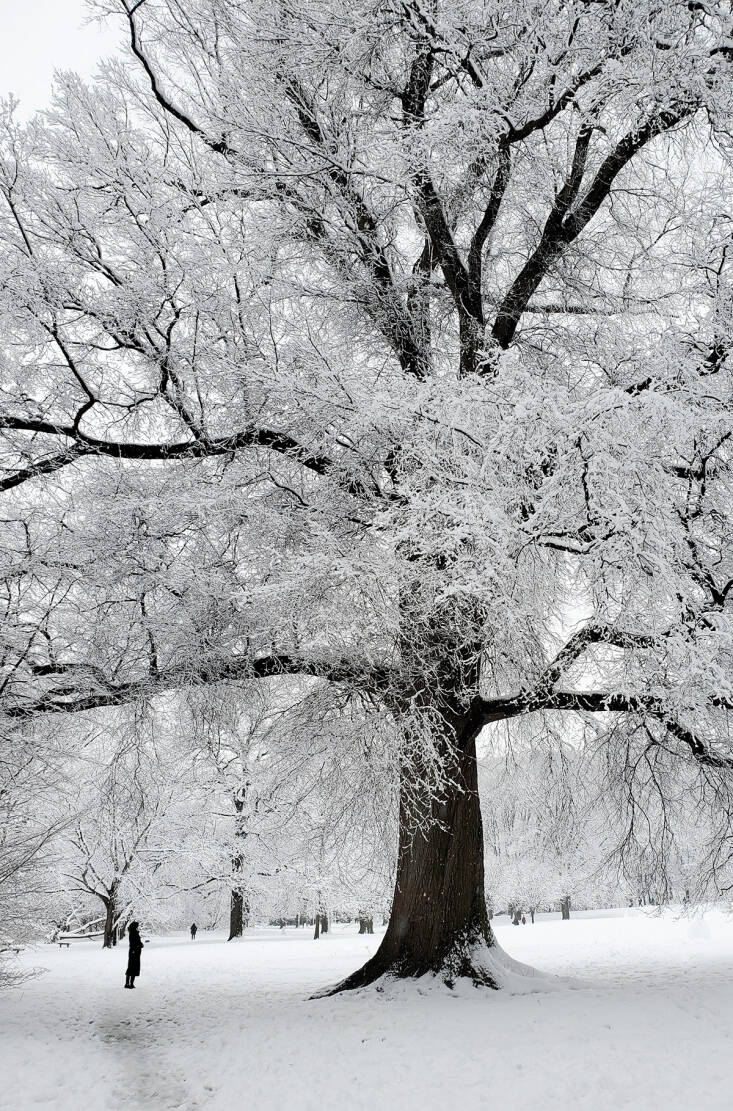
Our gratitude of the familiar, now altered, is extreme. The appeal of dark trees engraved in white triggers the exact same part of the brain that reacts gladly to art (and to chocolate cake!). The truth that we need to be outdoors and engaging with nature to value the change, includes the tested healing advantages that a natural surroundings offers. Our high blood pressure drops. Our tension levels reduce. We breathe.
Self-questioning
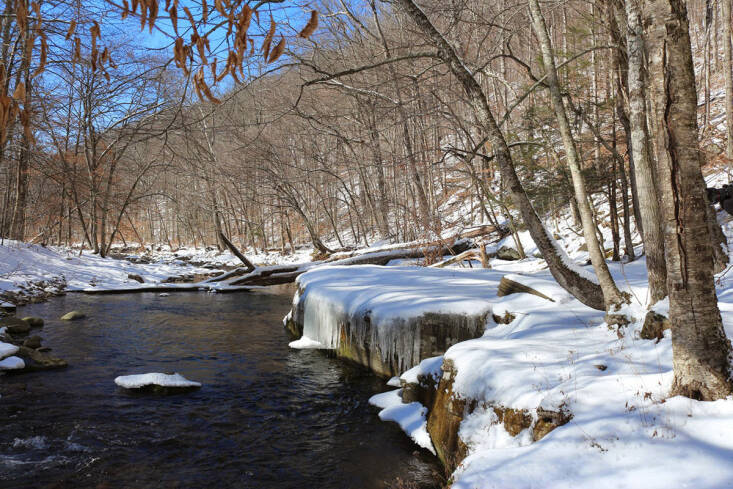
Wine Maker Jayme Henderson, co-founder of the Storm Cellar winery in Western Colorado, looks within throughout winter season. “My winter season strolls are deeply reflective and motivating,” she composes. “The peaceful enables me to see the broad strokes in nature– the roots, the exposed branches, the waterways– much of which is concealed with the overgrowth and loud interruptions in the summertime. Like the roots establishing underground, I discover I make the most significant leaps of development in the inactive season. It’s become my preferred season because of that … I like the subtleties that you need to hunt out in the winter season– the smells and sounds and indications of life.”
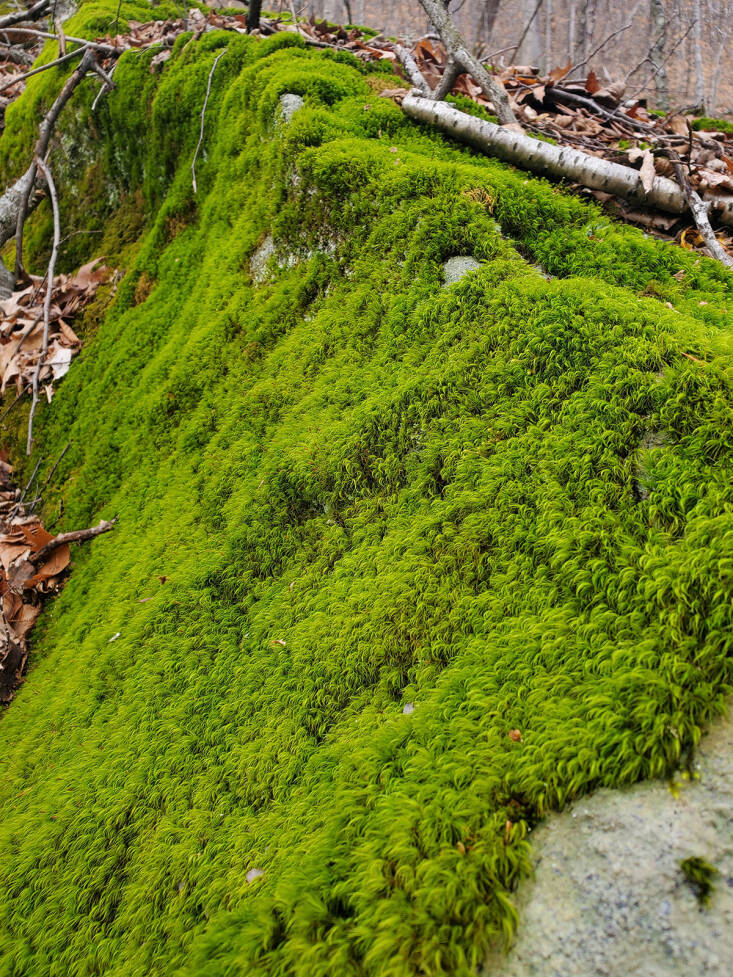
A Sense of Wonder
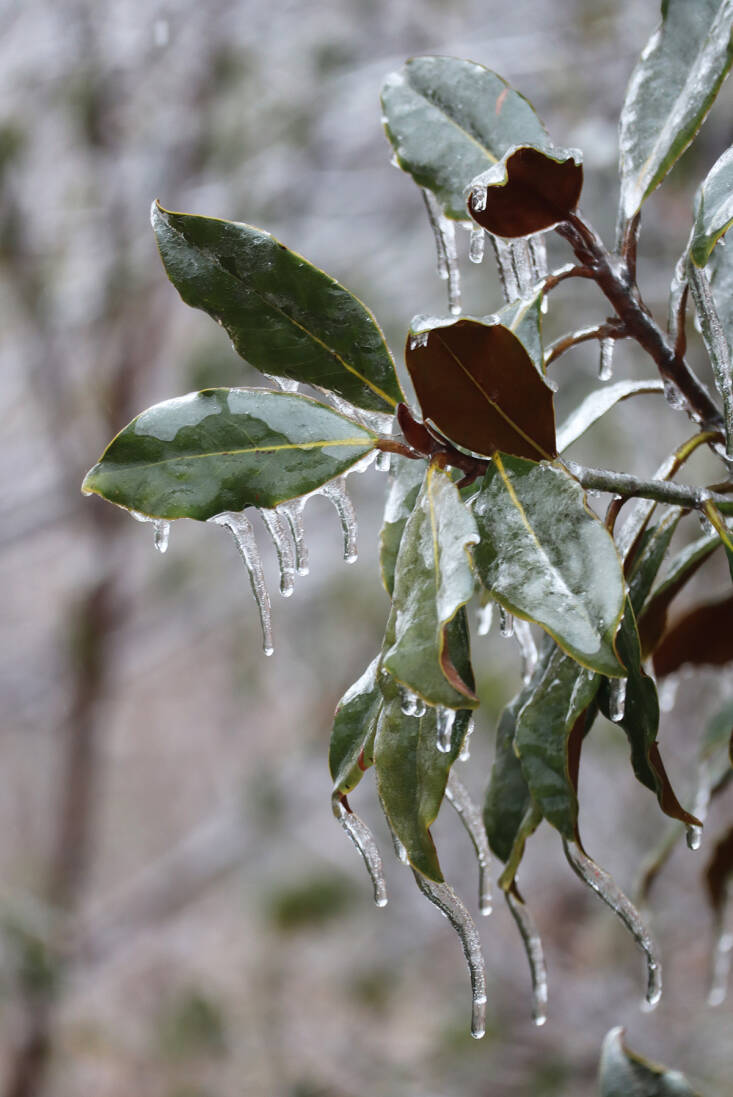
The sense of marvel stimulated by the architecture of snow and ice is an effective force. Experiencing the complex feeling of wonder is related to less rumination, and more wellness. In plants that stand up to the bitterness of winter season we see what is possible, and our awareness of what we believed might be, unexpectedly broadens. That alone deserves stepping outside when we ‘d rather burrow more deeply under the covers.
Strength
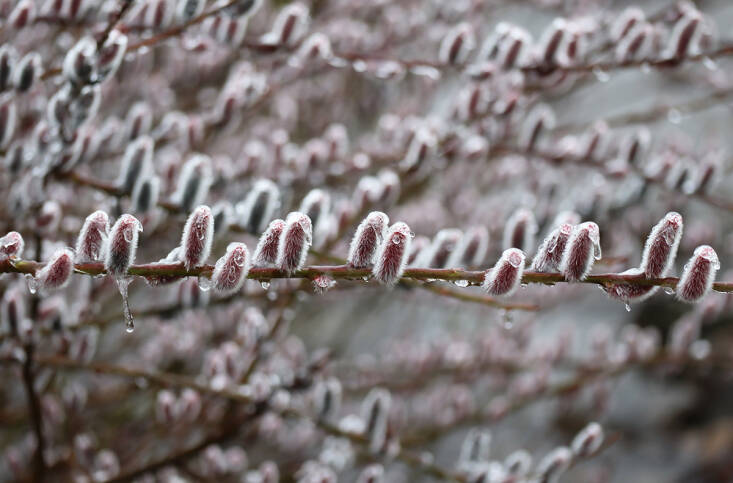
A walk in winter season needs some individual strength to counter our primal worry of cold (in spite of the high-end of warm clothing and the advantage of having the ability to go back to an inviting home). However it is the indifferent strength of the botanical world that strikes us now. Enclosed in ice, at temperature levels listed below freezing, plants withstand challenge before defrosting, to live and prosper through another season.
Errands End Up Being Experiences
